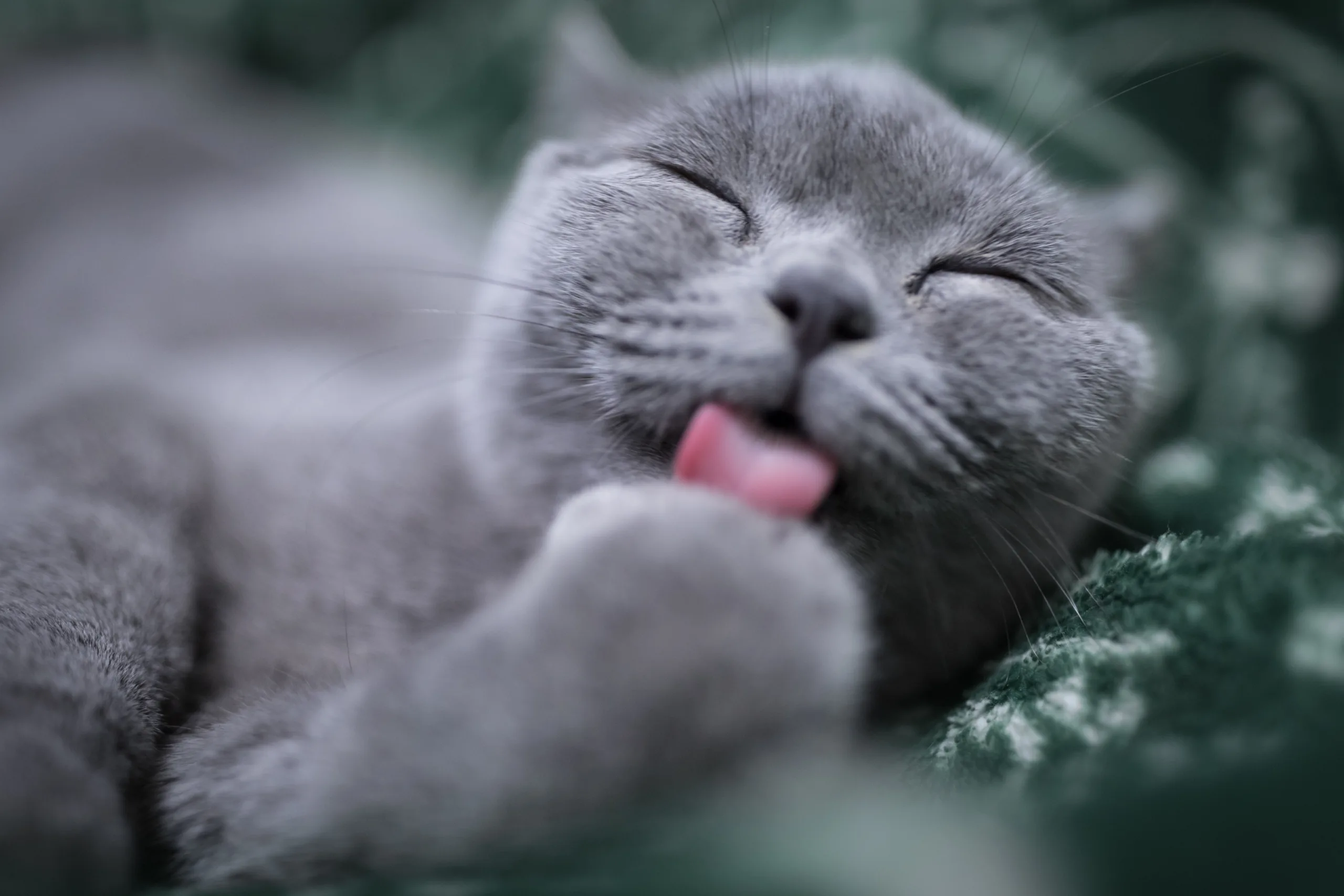Why Cats Drool? Drooling, also known as ptyalism, is the unintentional release of saliva from a cat’s mouth. While occasional drooling might not raise concern, persistent or sudden drooling could indicate underlying issues.
For more about cats click here
Potential Causes of Cat Drooling
- Happiness and Contentment: Just like dogs, some cats might drool when they’re in a state of relaxation and contentment. Purring, kneading, and drooling can be associated with a cat’s happy and comfortable state.
- Stimulation and Excitement: Cats might drool in response to stimulation or excitement. This can occur when they’re anticipating food, engaging in play, or receiving affection.
- Dental Issues: Dental problems, such as gum disease, tooth decay, or oral infections, can lead to excessive drooling. Cats might drool due to discomfort or pain in their mouth.
- Nausea or Upset Stomach: Cats can drool as a response to nausea or an upset stomach. If they’ve ingested something disagreeable, they might drool in an attempt to expel the unpleasant substance.
- Foreign Objects: If a cat has an object stuck in their mouth, throat, or esophagus, they might drool as a result of the discomfort.
- Anxiety and Stress: Cats might drool in response to anxiety or stress. This can occur during unfamiliar situations, vet visits, or other stressful events.
Addressing Common Questions
Q1: What causes drooling in cats? Drooling in cats can be caused by happiness, excitement, dental issues, nausea, foreign objects, or anxiety.
Q2: Is it normal for a cat to drool? Occasional drooling might be normal, especially during moments of relaxation or contentment. However, persistent or sudden drooling could indicate a problem.
Q3: Do cats drool because they are happy? Yes, some cats might drool when they are happy and relaxed. Purring, kneading, and drooling can be signs of their contentment.
Q4: Why is my cat drooling when she never does? Sudden or persistent drooling in a cat that doesn’t typically drool could be a sign of an underlying issue. It’s advisable to consult a veterinarian.
Q5: Do cats drool when stressed? Yes, cats might drool in response to stress and anxiety. Unfamiliar situations, vet visits, or changes in the environment can trigger drooling.
Q6: How do you fix a drooling cat? Addressing drooling depends on the underlying cause. If you suspect dental issues, nausea, or discomfort, consult a veterinarian for proper diagnosis and treatment.
Understanding Your Cat’s Behavior
To better understand your cat’s drooling behavior, consider these factors:
- Frequency and Duration: Observe how often and for how long your cat drools. Sudden or excessive drooling should be examined by a veterinarian.
- Accompanying Symptoms: Pay attention to other symptoms such as bad breath, changes in appetite, or behavioral changes.
- Medical History: Provide your veterinarian with information about your cat’s medical history and any recent changes in their routine.
External Resources for Feline Behavior
For further insights into feline behavior and health, consider exploring these resources:
- American Association of Feline Practitioners – Cat Behavior Guidelines
- International Cat Care – Understanding Cat Behavior
In Conclusion
Drooling is a behavior that adds another layer of complexity to understanding our feline companions. While it might be associated with happiness and relaxation, it’s essential to consider other potential causes, especially if drooling becomes persistent or sudden. Your cat’s well-being depends on your ability to interpret their behaviors and respond appropriately. By observing, consulting professionals, and addressing underlying issues, you can ensure your cat’s health and happiness are always at the forefront. So, the next time you witness your cat engaging in this behavior, take a moment to appreciate the intricate ways they communicate and express themselves in their own unique and mysterious manner.
